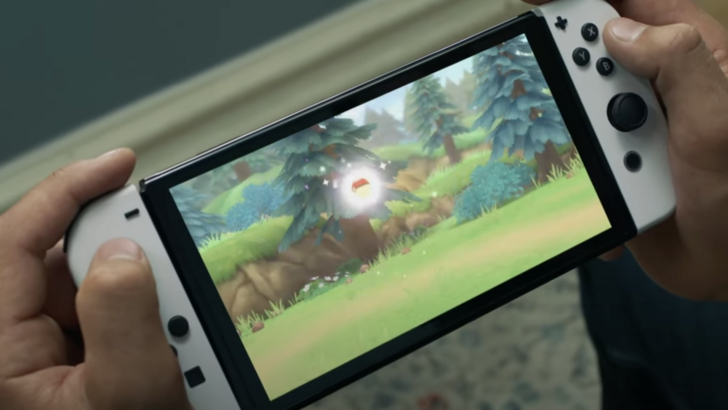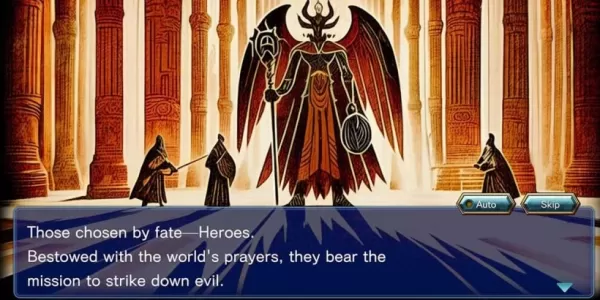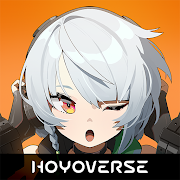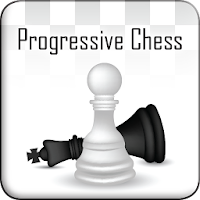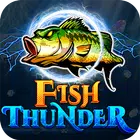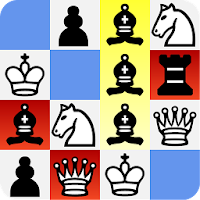"God of War's Success Hinges on Reinvention"
The God of War series has been a cornerstone of PlayStation gaming across four generations, beginning with Kratos' vengeful journey in 2005. Few could have predicted the trajectory of this angry deity destroyer over the next two decades. While many long-running franchises struggle to remain relevant, God of War has thrived by embracing change. The most significant transformation came with the 2018 reboot, which shifted Kratos from Ancient Greece to the realm of Norse mythology, altering both the series' presentation and gameplay. Yet, even before this acclaimed reboot, Sony Santa Monica introduced smaller, yet impactful changes that kept the series alive.
For God of War to continue its success, reinvention will be crucial. When the series transitioned to Norse mythology, director Cory Barlog expressed interest in exploring settings like the Egyptian and Mayan eras. Recent rumors have reignited speculation about an Egyptian setting, fueled by the allure of its rich mythology and distinct culture. However, a new setting is just the beginning; future iterations must reinvent the series in the same way the Norse games built upon the successful elements of the Greek trilogy.
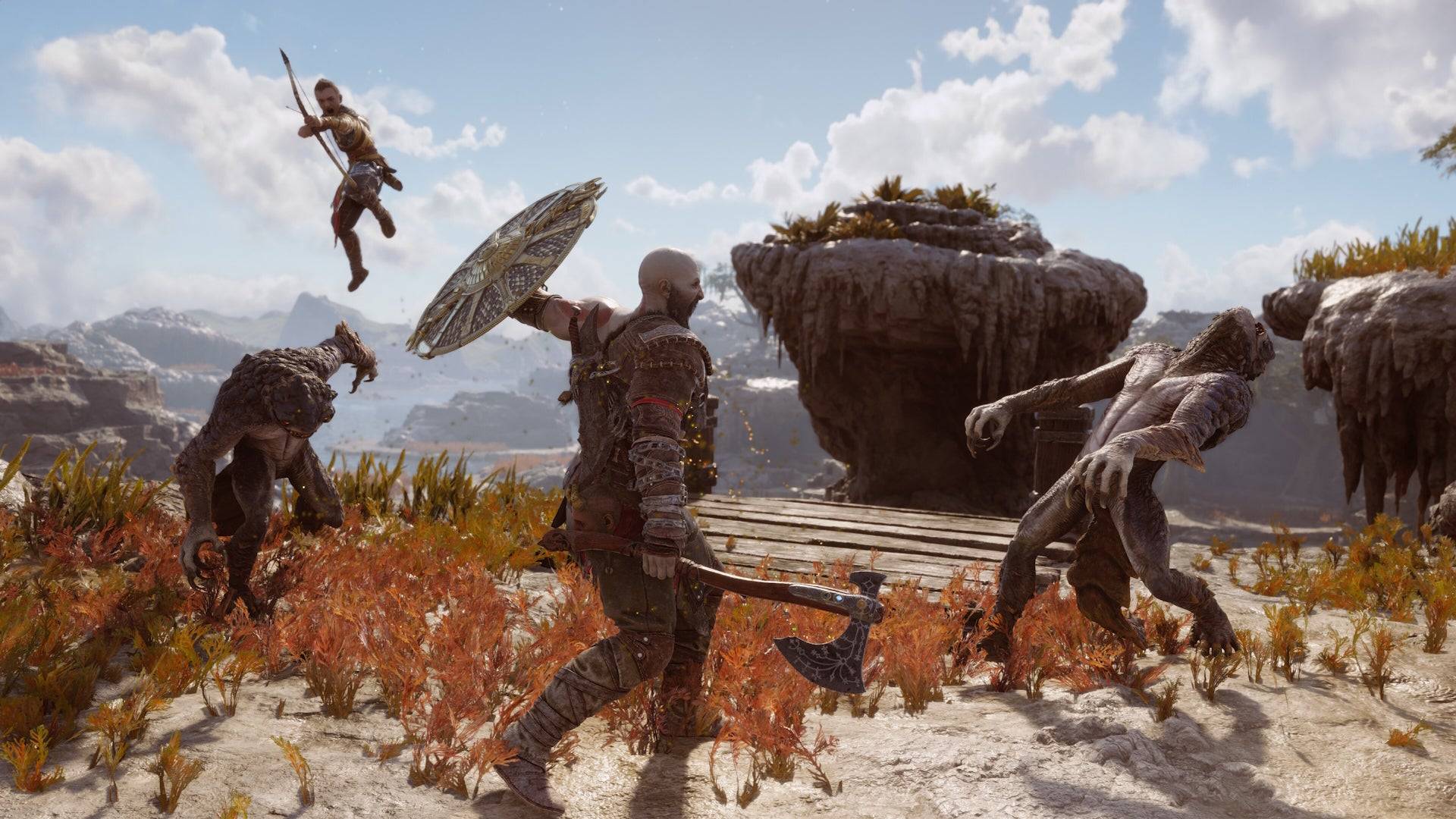
The series has consistently evolved with each new entry. The original Greek games refined their hack-and-slash mechanics over a decade, culminating in God of War 3 on the PlayStation 3, which introduced a revamped magic system and a broader range of enemies. The shift to the PS3 allowed for enhanced graphics and new camera angles, showcasing the game's visual prowess.
The 2018 reboot saw the loss of some elements from the Greek trilogy, such as platforming and puzzle sections, which were less compatible with the new third-person, over-the-shoulder camera perspective. However, puzzles were reimagined to fit the adventure-focused design of the Norse games.
The Valhalla DLC for God of War Ragnarök marked a return to the series' Greek roots, both mechanically and narratively. It reintroduced battle arenas, a feature from God of War 2 onwards, adapted for the Norse setting. This DLC's story, involving Kratos confronting his past with the Norse god Týr, brought his journey full circle.
The Norse era of God of War introduced numerous innovations, including the Leviathan Axe's unique throwing mechanics, a combat-defining parry system with various shield types, and the magical spear in Ragnarök, which enabled faster, explosive attacks. These elements facilitated exploration across the Nine Realms, each with unique enemies and environments.
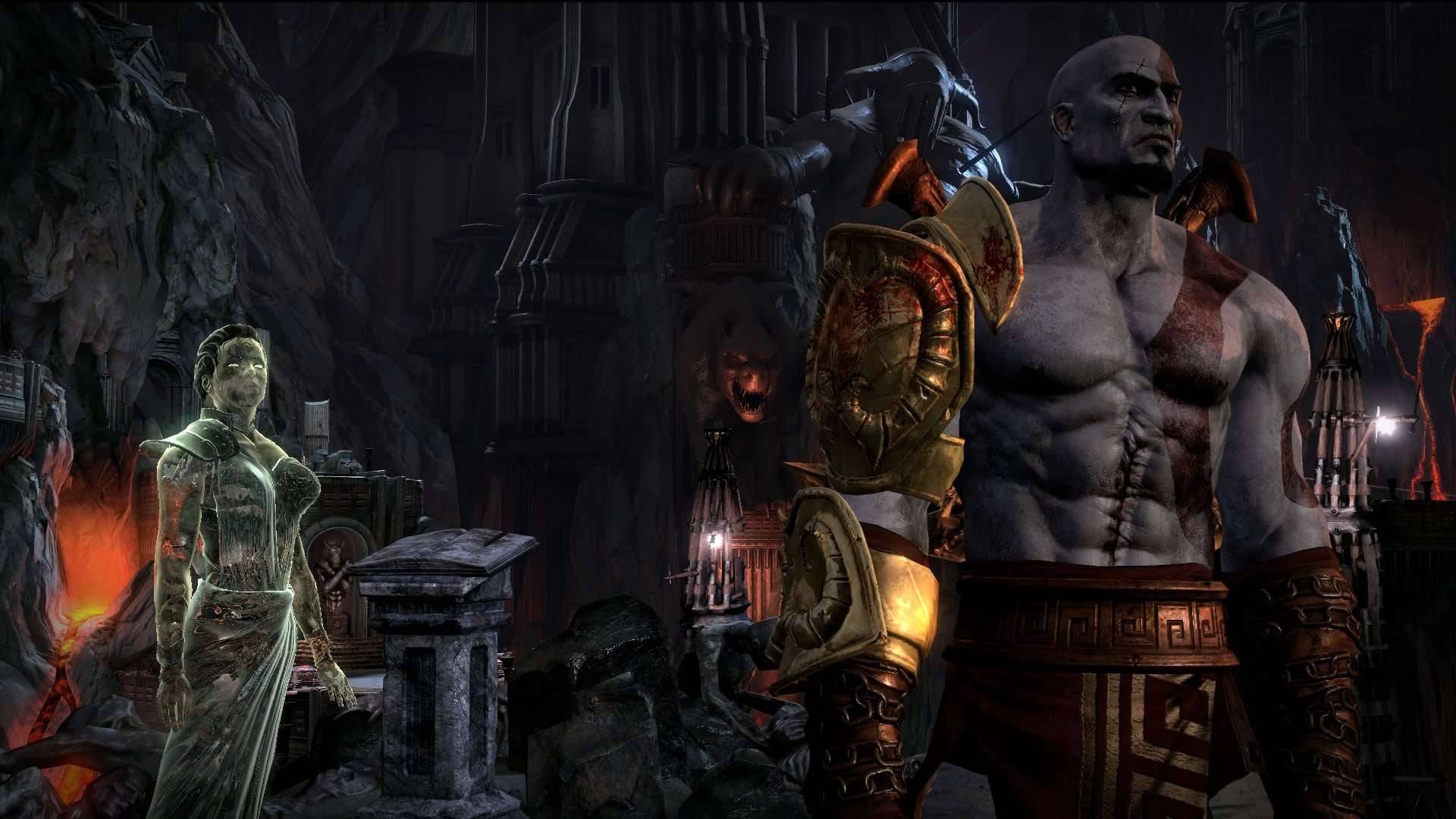
The most striking evolution in the Norse games is in storytelling. The narrative delves into Kratos' grief over his late wife and his complex relationship with his son, Atreus. This emotional depth contrasts with the more straightforward storytelling of the Greek trilogy and has been pivotal to the Norse era's critical and commercial success.
The shift in both mechanics and storytelling reflects a broader approach to franchise development. The creators view the Norse games not as traditional sequels but as extensions of Kratos' journey. This mindset should guide future installments.
Radical reinvention alone does not guarantee success, as seen with Assassin's Creed. Despite frequent changes in setting and time period, the series has struggled to maintain fan loyalty across generations. The shift to an open-world RPG format with Origins diluted the series' connection to its assassin roots, leading to a more divisive reception with each new game. The series has attempted to course-correct with Assassin's Creed Mirage, a return to its Middle Eastern roots and original gameplay, and Assassin's Creed Shadows, which focuses on stealth.
The mixed reception to Assassin's Creed's changes underscores the importance of maintaining a series' core identity. God of War has navigated this challenge successfully by building upon the Greek trilogy's core combat while introducing new elements. Future games, whether set in Egypt or elsewhere, must continue this approach, enhancing the series' foundation without losing sight of what made it successful.
Regardless of the setting, the next God of War must maintain the evolutionary upgrades that have defined its success. While the 2018 reboot focused on combat, future games will likely be judged by their storytelling, the heart of the Norse duology. Kratos' transformation from a rage-filled monster to a complex father and leader highlights the importance of narrative in the series' recent success. The next installment must build on this strength while introducing bold new changes to define the next era of God of War.
-
1
![Roblox Forsaken Characters Tier List [UPDATED] (2025)](https://imgs.ksjha.com/uploads/18/17380116246797f3e8a8a39.jpg)
Roblox Forsaken Characters Tier List [UPDATED] (2025)
Mar 17,2025
-
2
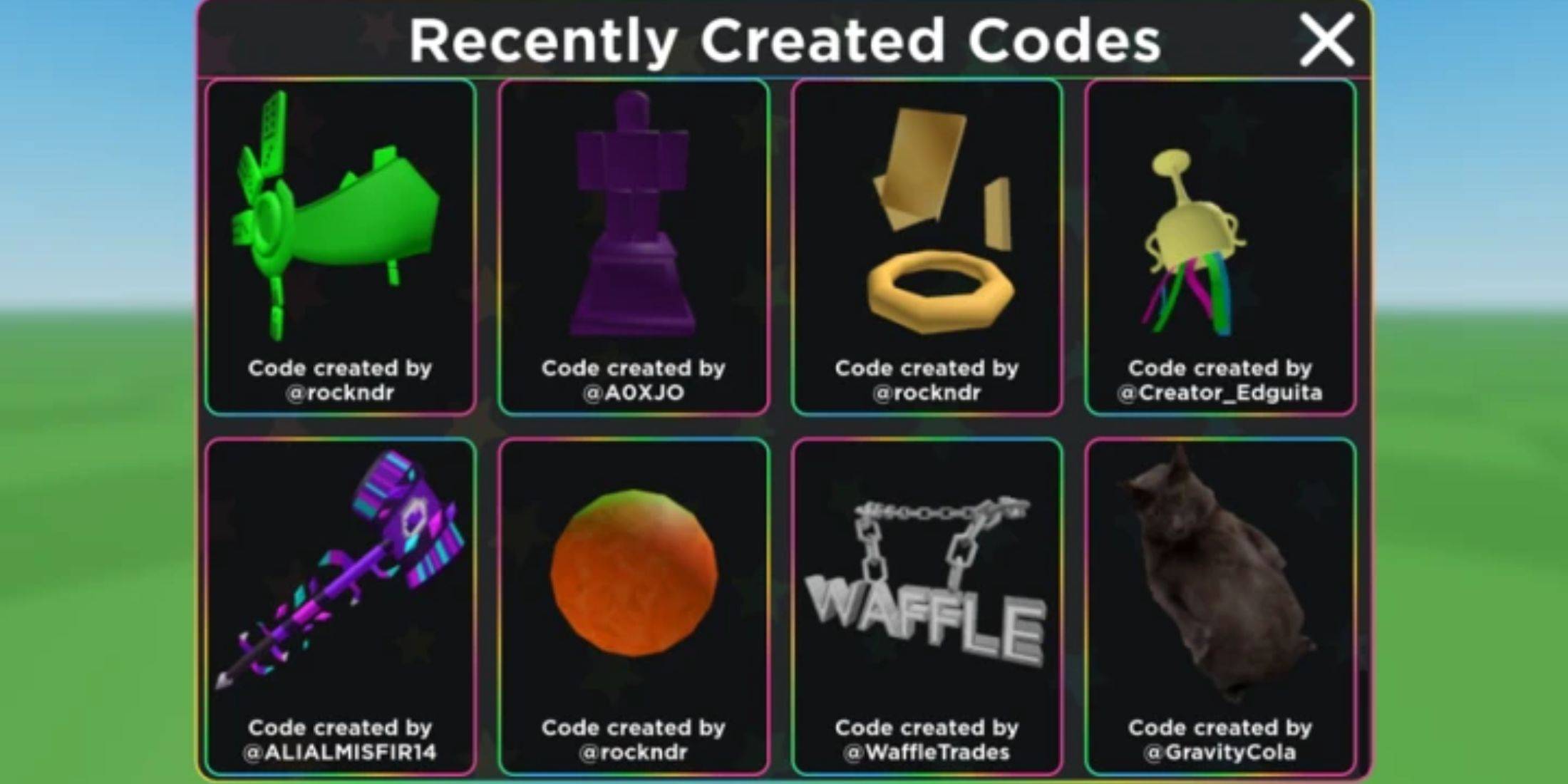
Roblox UGC Limited Codes Unveiled for January 2025
Jan 06,2025
-
3
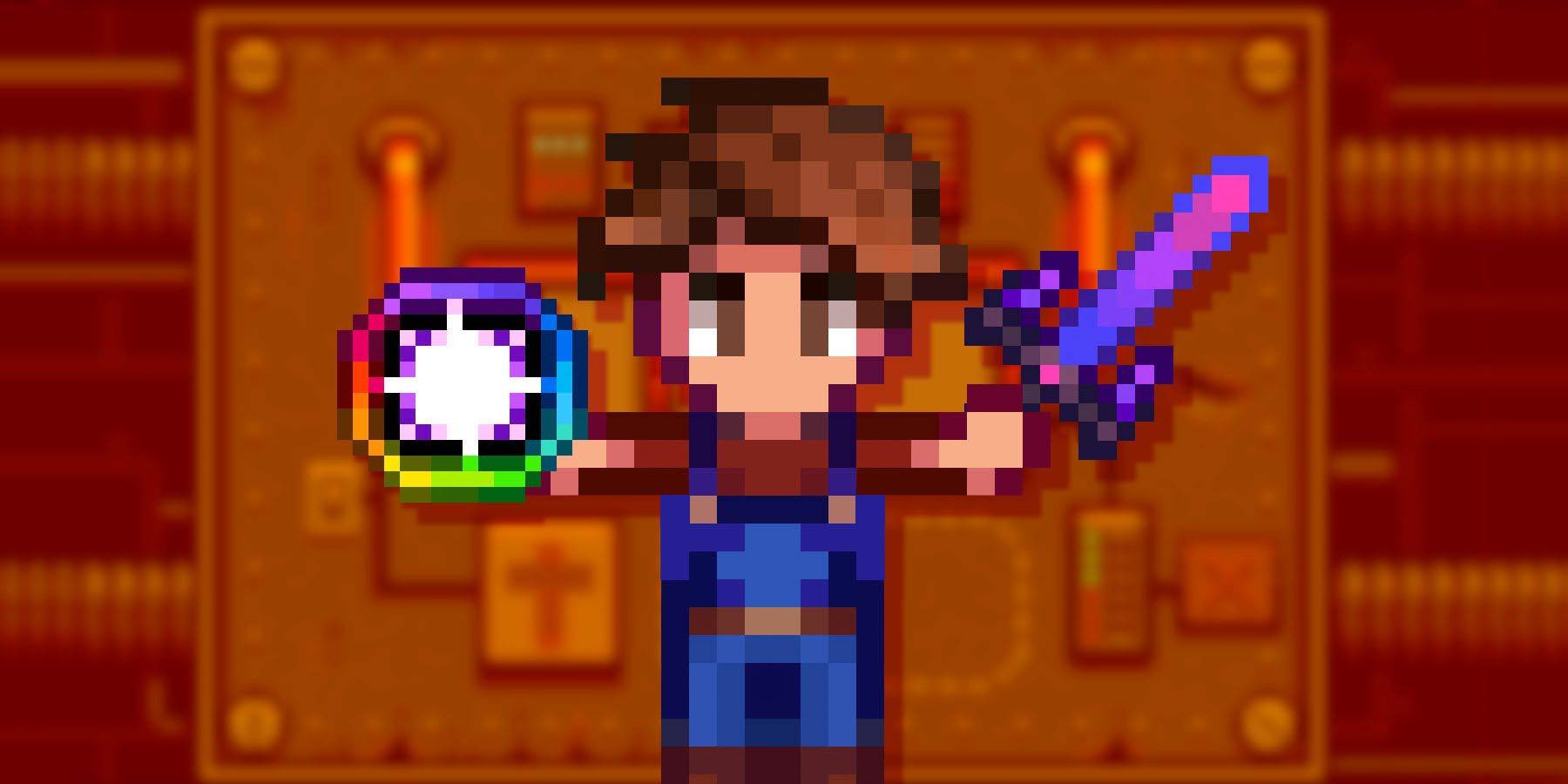
Stardew Valley: A Complete Guide To Enchantments & Weapon Forging
Jan 07,2025
-
4

Pokémon TCG Pocket: Troubleshooting Error 102 Resolved
Jan 08,2025
-
5
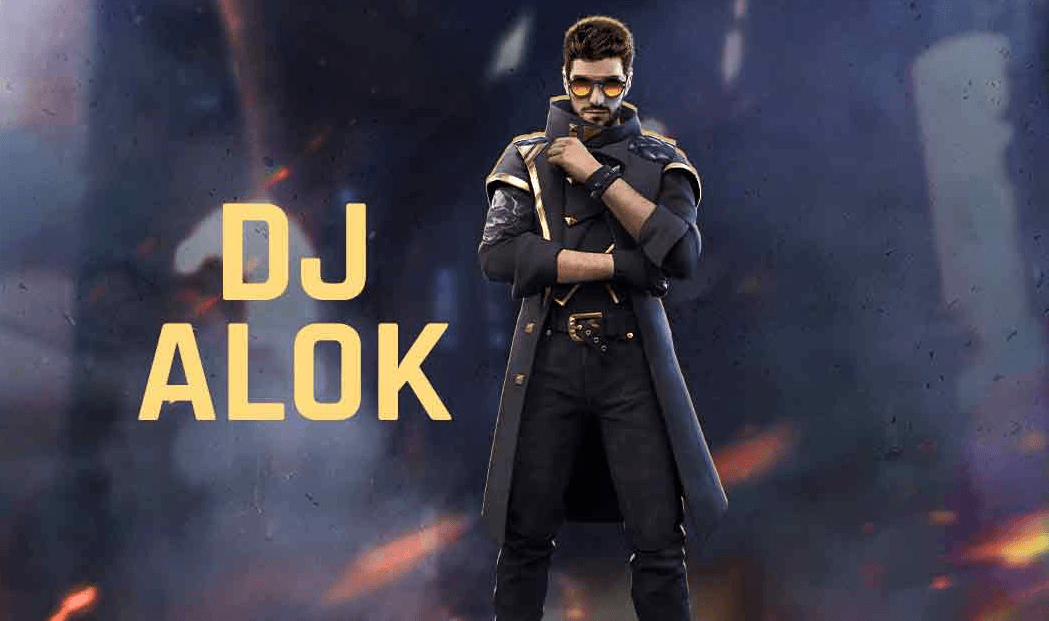
Free Fire Characters 2025: Ultimate Guide
Feb 20,2025
-
6
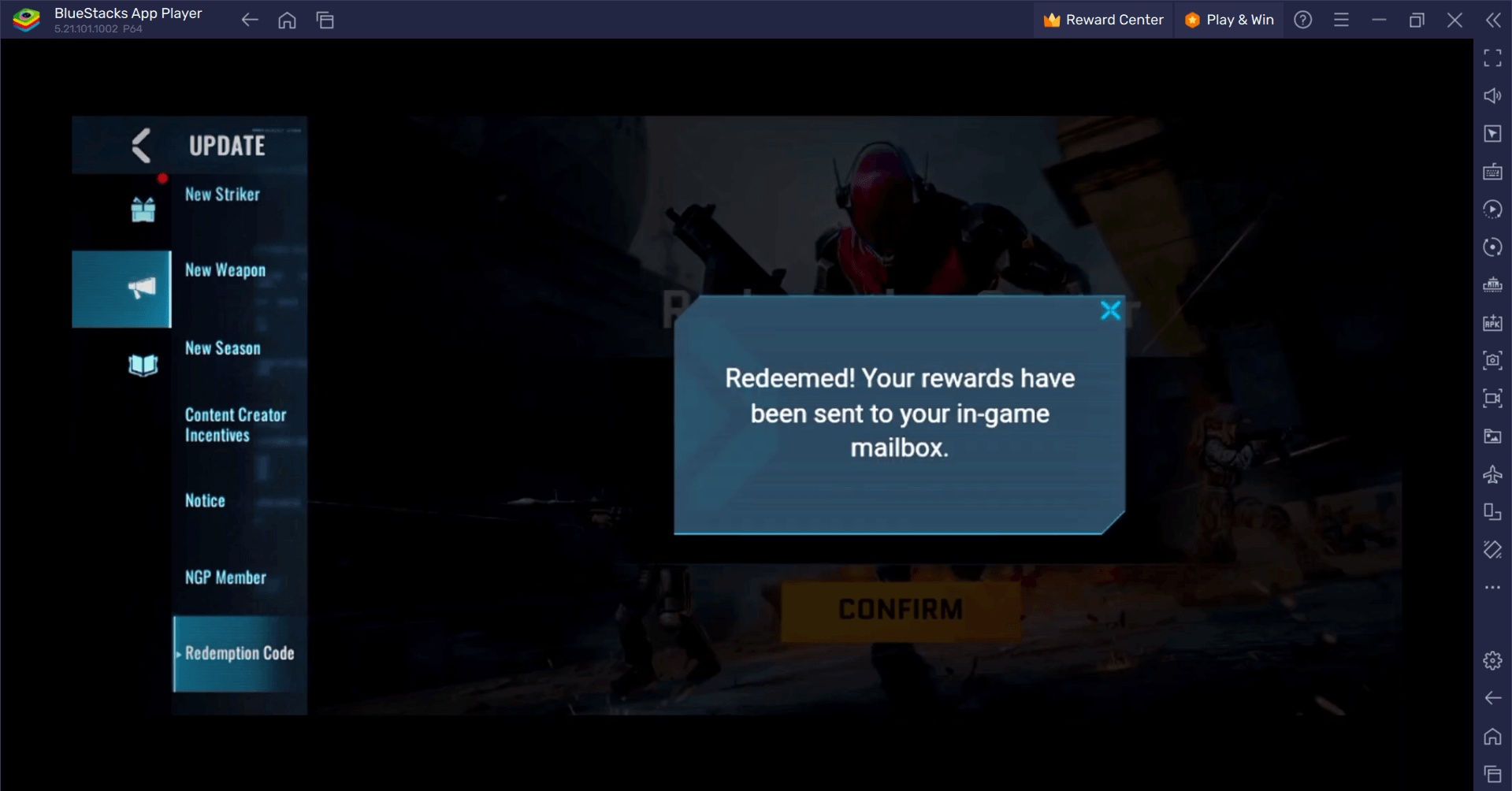
Blood Strike - All Working Redeem Codes January 2025
Jan 08,2025
-
7

Blue Archive Unveils Cyber New Year March Event
Dec 19,2024
-
8
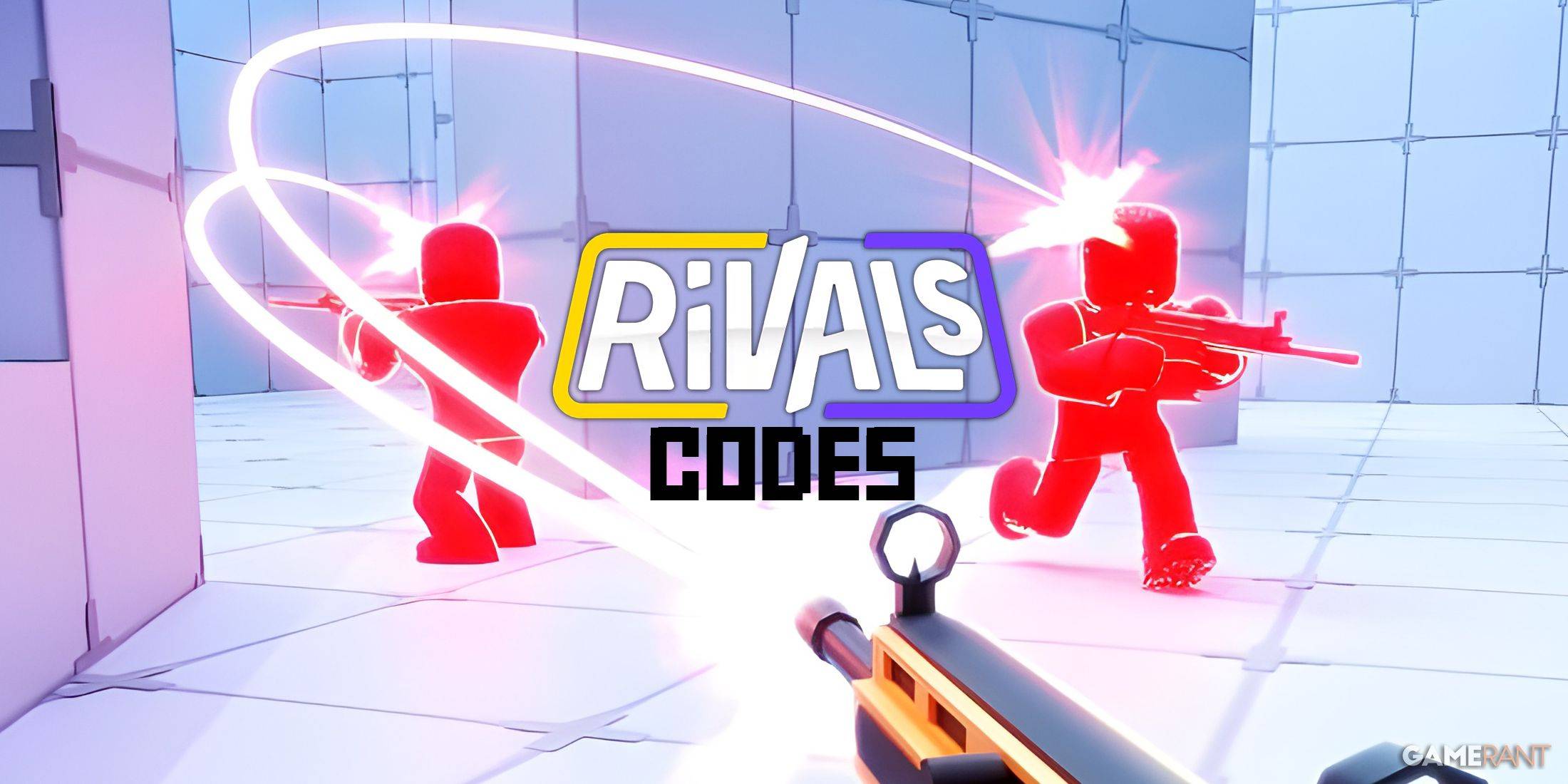
Roblox: RIVALS Codes (January 2025)
Jan 07,2025
-
9
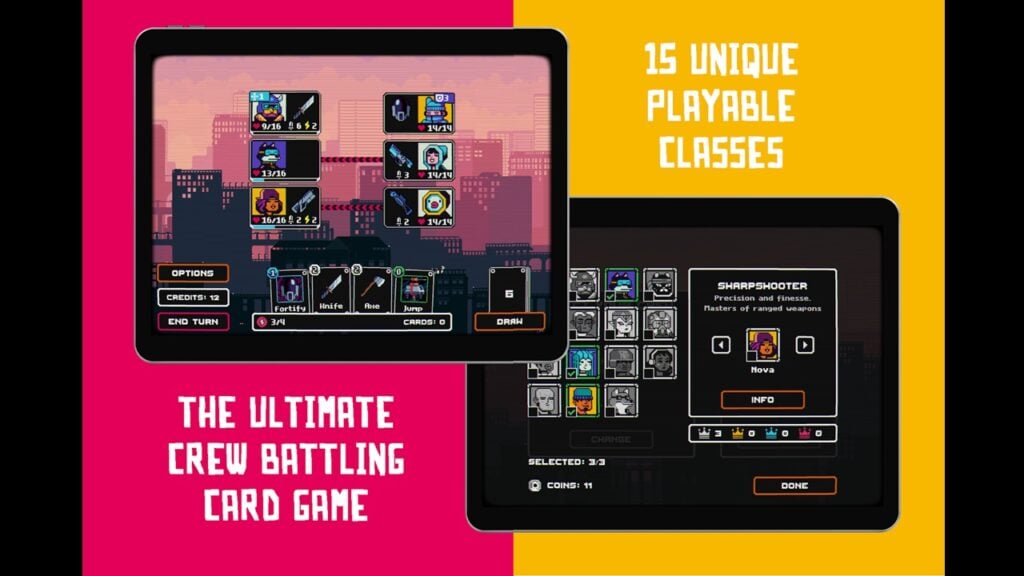
Cyber Quest: Engage in Captivating Card Battles on Android
Dec 19,2024
-
10
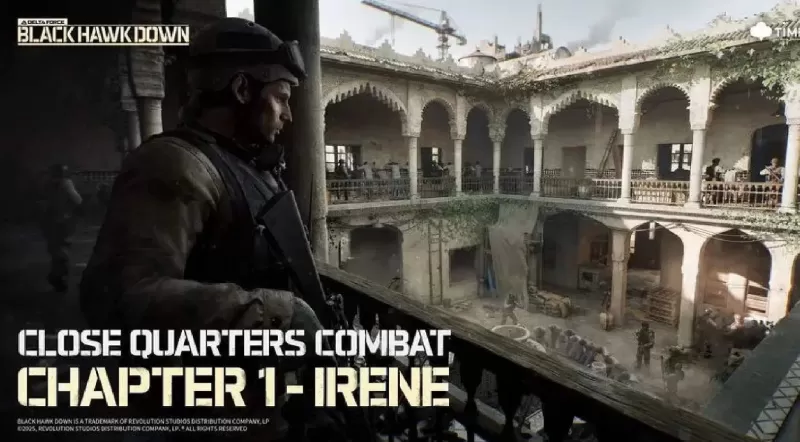
Delta Force: A Complete Guide to All Campaign Missions
Apr 09,2025
-
Download

A Simple Life with My Unobtrusive Sister
Casual / 392.30M
Update: Mar 27,2025
-
Download

Random fap scene
Casual / 20.10M
Update: Dec 26,2024
-
Download
![Corrupting the Universe [v3.0]](https://imgs.ksjha.com/uploads/66/1719514653667db61d741e9.jpg)
Corrupting the Universe [v3.0]
Casual / 486.00M
Update: Dec 17,2024
-
4
Ben 10 A day with Gwen
-
5
Oniga Town of the Dead
-
6
A Wife And Mother
-
7
Cute Reapers in my Room Android
-
8
Permit Deny
-
9
Utouto Suyasuya
-
10
Roblox

